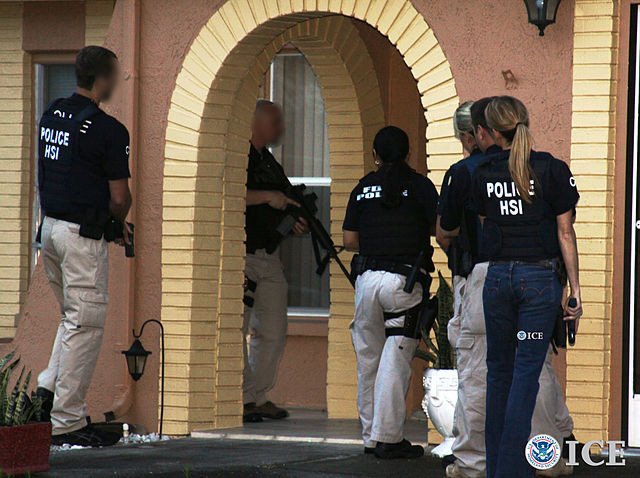Federal immigration authorities arrested 81 people in Charlotte, North Carolina, during a five-hour enforcement sweep that officials are calling one of the most aggressive crackdowns carried out under President Donald Trump this year. The operation, conducted Saturday, has ignited immediate backlash from state leaders, immigrant-rights advocates, and local officials who warn the tactics may deepen community fear and erode trust in law enforcement across the region.
The arrests form part of a broader national campaign defined by mass detentions and intensified workplace and neighborhood sweeps. The Trump administration has repeatedly framed these operations as public-safety measures. Gregory Bovino, the U.S. Border Patrol commander who has overseen similar actions in Chicago and Los Angeles, publicly defended the Charlotte raid by pointing to the arrest of a Honduran woman. "Illegal aliens with criminal histories and warrants don't hang out in front of big box hardware stores? Well, then how did we find this illegal alien from Honduras there?" he wrote, adding that "She was arrested on felony larceny charges right here in NC AND she had a warrant for failure to appear."
Bovino said Charlotte marked his first day of active deployment in the city and emphasized the speed and scale of the arrests. "The number now stands at 81 yesterday. 81, many of whom had significant criminal and immigration history, are off the streets. This was done in about 5 hours! Stay tuned to social media to take a look at who we apprehended. More to come."
Local reaction was swift and contentious. Charlotte Mayor Vi Lyles and other Democratic officials, according to early reports from local outlets, objected to the sweep as unnecessarily aggressive and destabilizing for immigrant communities. Critics described striking scenes of masked, heavily armed agents in unmarked cars detaining individuals in parking lots, residential streets, and even near churches-locations typically regarded as low-risk for enforcement activity.
North Carolina Governor Josh Stein also expressed concern, with reports quoting him as saying operations appeared to target people "based on their skin color." Immigrant-rights groups likewise argued the sweep reflected political motivations rather than genuine security threats, warning that such tactics discourage cooperation with police, including among crime victims and witnesses.
The Department of Homeland Security defended the crackdown by citing long-standing frustrations over Charlotte's refusal to honor roughly 1,400 federal "detainer" requests-orders asking local jails to hold individuals beyond their release time so federal agents can assume custody. DHS officials argue that noncooperation contributes to repeat offenses and undermines coordinated enforcement.
Community organizations reported that the raid's suddenness prompted widespread closures of small businesses, as many residents avoided public spaces out of fear. Faith-based groups raised particular alarm about enforcement activity near places of worship, arguing that the presence of federal agents in such areas risks inflaming tensions and breaking long-standing humanitarian norms.




